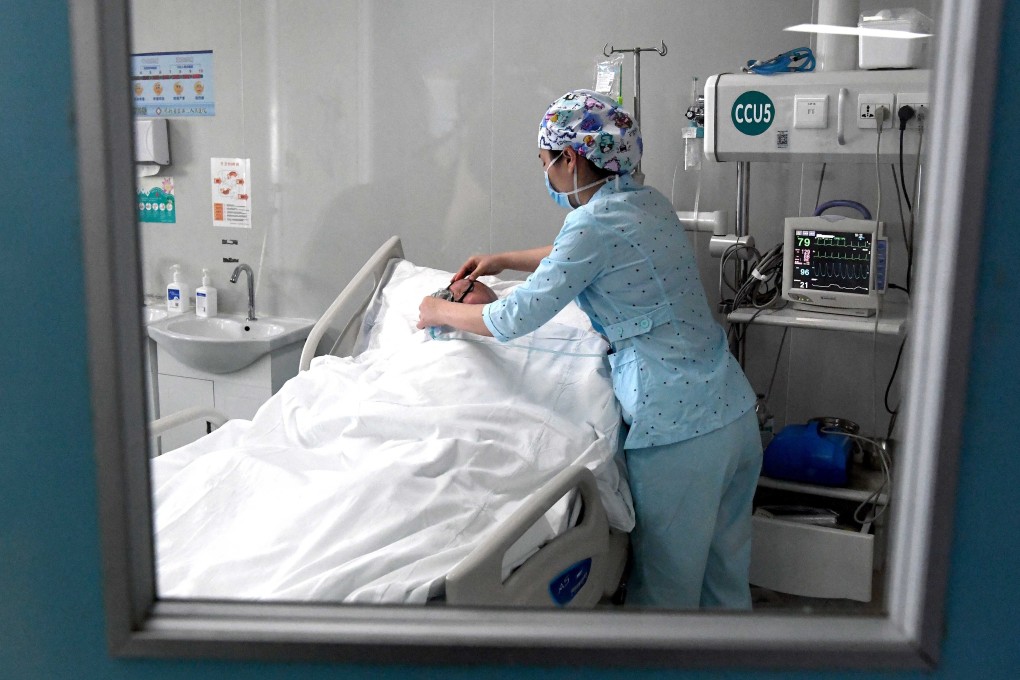Coronavirus: average incubation period may be longer than first thought, research shows
- In study of confirmed cases who travelled from Wuhan, mean value is 8.29 days, US and Chinese researchers say
- ‘Despite the importance of the incubation period, it is often poorly estimated based on limited data,’ they say

While the common wisdom among health authorities is that the average incubation period is about five days, rising to a maximum of about two weeks, researchers from the Chinese Centre for Disease Control and Prevention, US National Institute of Allergy and Infectious Diseases and Peking University, say the mean value could be higher.
In their study, which used probability modelling and clinical data of more than 1,000 Covid-19 patients who left Wuhan before the city went into lockdown on January 23, the researchers found the mean incubation time was 8.29 days, while the median value was 7.76 days.
“Precise knowledge of the incubation period would help to provide an optimal quarantine period for disease control purposes, and is essential in the investigation of the mechanism of transmission and development of treatment,” the researchers said.
“Despite the importance of the incubation period, it is often poorly estimated based on limited data.”
While the research, which was published on Friday in the American journal Science Advances, supported the thinking that the incubation period for most patients is not more than 14 days – the typical quarantine period set by most countries – it estimated 10 per cent of people may develop symptoms more than two weeks after becoming infected.
That could be a public health concern with regards to quarantine periods, the report said, though added that the limitations of the study could have affected the estimate.